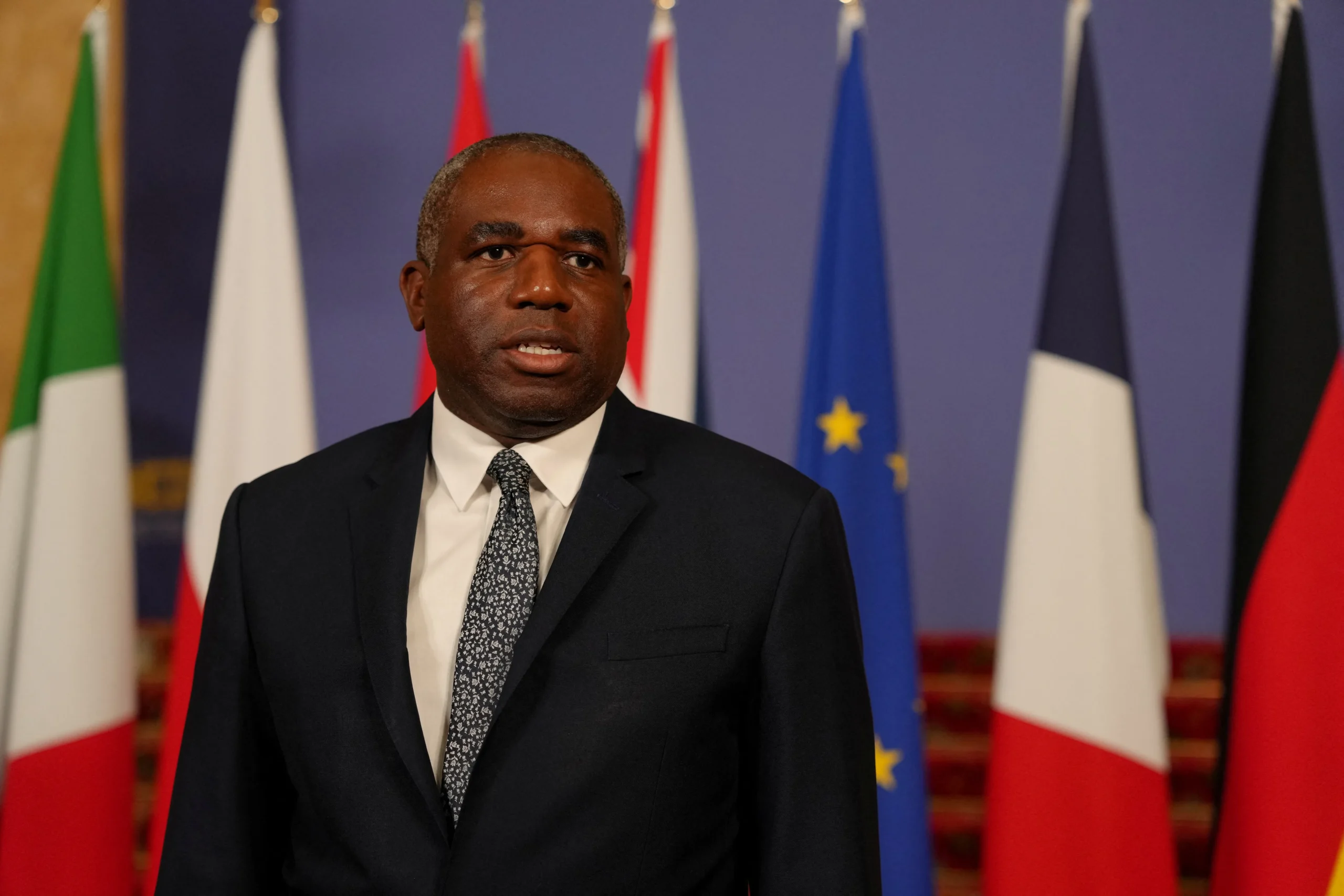
British Foreign Secretary David Lammy has criticized the humanitarian crisis in Gaza and indicated that the United Kingdom could take additional measures against Israel if a ceasefire agreement fails to materialize.
During testimony before Parliament’s Foreign Affairs Committee on Tuesday, Lammy also condemned the new aid distribution system in Gaza operated by the Gaza Humanitarian Foundation (GHF), a group supported by the United States and Israel.
“We’ve been very clear that we don’t support the aid foundation that has been set up,” Lammy stated. “It’s not doing a good job. Too many people are close to starvation. Too many people have lost their lives. We have led globally on our condemnation the system that has been set up.”
Recent weeks have seen hundreds of Palestinians killed by Israeli fire while seeking GHF assistance.
When asked by a legislator whether the British government would take action against Israel if the “intolerable” situation in Gaza persists, Lammy confirmed: “Yes, we will.”
Last month, the UK joined Australia, Canada, New Zealand and Norway in imposing sanctions on Israeli government ministers Itamar Ben-Gvir and Bezalel Smotrich for inciting violence against Palestinian communities in the occupied West Bank.
Previously, the UK suspended trade agreement negotiations with Israel over the Gaza blockade, which has contributed to a starvation crisis in the territory. Last year, London also halted certain arms exports to Israel.
While Palestinian rights supporters have welcomed these actions, some have criticized them as symbolic measures that fail to impose meaningful consequences on Israel for alleged violations of international humanitarian law.
Lammy condemned settler violence and illegal Israeli settlement expansion in the West Bank, describing them as “flouting international law.”
When pressed about whether UK pressure has changed Israeli behavior, Lammy acknowledged the change is “not sufficient” but defended London’s record, including recent measures against Israel and support for the United Nations Relief and Works Agency for Palestine Refugees (UNRWA).
“I am very, very comfortable that you would be hard pressed to find another G7 partner or another ally across Europe that’s doing more than this government has done,” he said.
However, Lammy downplayed the UK’s influence in the Middle East, describing it as “but one actor.”
The UK maintains significant regional involvement as a permanent UN Security Council member and major Israeli trade partner. Media reports indicate the British Royal Air Force has conducted hundreds of surveillance flights over Gaza to assist in locating Israeli captives.
Domestically, the UK has taken action against Palestinian rights activists, recently banning the advocacy group Palestine Action and arresting dozens of supporters.
The Labour government has not recognized Palestine as a state, unlike several European countries that have done so recently.
Lammy explained that London wants Palestinian recognition to be part of a concrete two-state solution push rather than a symbolic gesture. He said the UK seeks to recognize Palestine at a moment that helps shift “the dial against expansion, against violence, against the horrors that we’re seeing in Gaza, and towards the just cause that is the desire for Palestinian statehood.”
Foreign Affairs Committee Chair Emily Thornberry warned that continued delays in recognizing Palestine amid settlement expansion and annexation threats could mean “there won’t be anything left to recognize.”
“We should recognise a Palestinian state and then work towards ensuring that one happens practically,” Thornberry said. “But if we continue to hold back, it’ll slide through our fingers.”





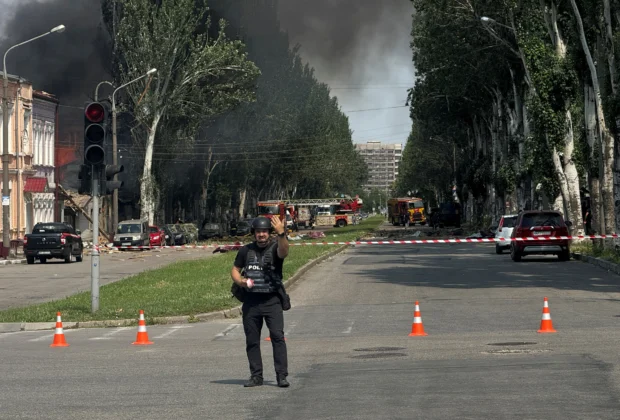

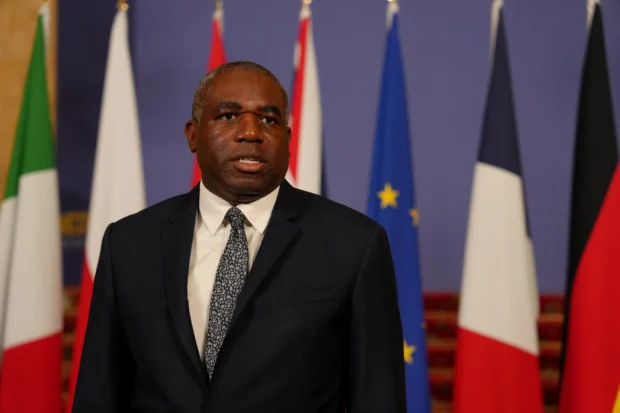
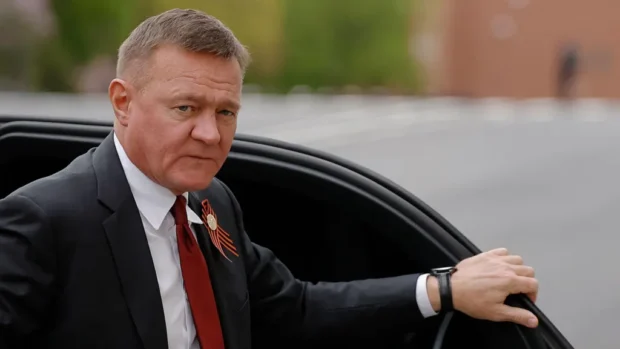
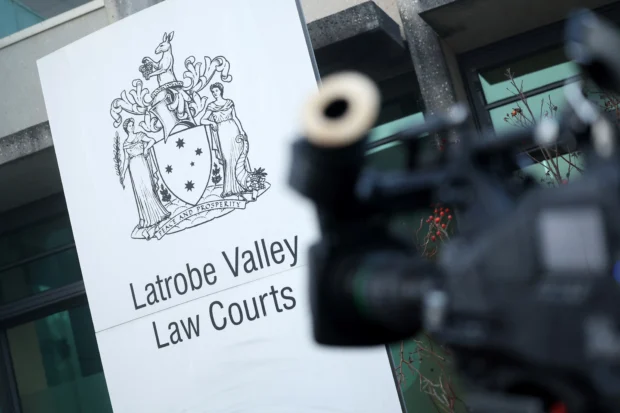
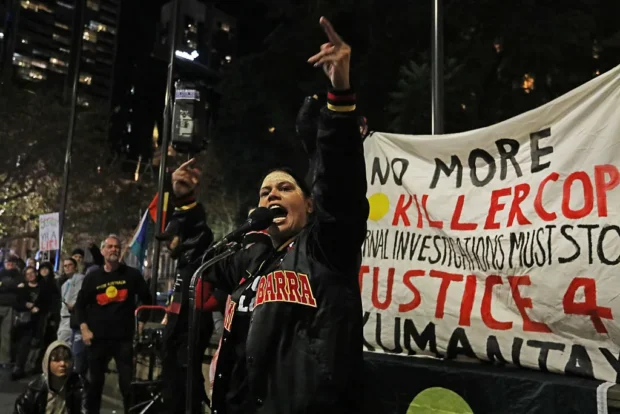
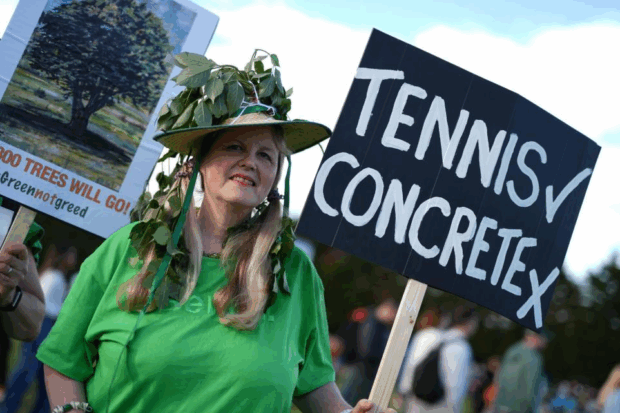
Be the first to leave a comment